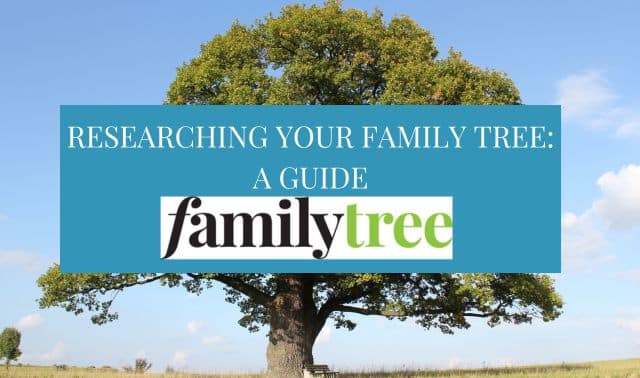Sign up for the Family Tree Newsletter! Plus, you’ll receive our 10 Essential Genealogy Research Forms PDF as a special thank you.
Get Your Free Genealogy Forms
"*" indicates required fields
A You’ve run into one of the key challenges of research in the old country: the language barrier. Although some countries have Web sites with information in English, most of their resources—and more important, their records—naturally are going to be in the native tongue.
That doesn’t mean you have to become fluent in Spanish to trace your overseas roots. But you will want to brush up on some basics, especially family history-related terms. Many foreign genealogical records are formulaic enough that you usually can decipher them with knowledge of key words such as birth, marriage, death, mother, father, etc., and a translation dictionary. For starters, try the Family History Library’s (FHL) helpful Spanish Genealogical Word List.
And of course, the Internet isn’t the only place to look for records of your Spanish ancestors. The FHL has microfilmed numerous Spanish documents. Find ones relevant to your family tree by searching the online catalog for the town, municipality or province where your ancestors lived and the port they emigrated from. Knowing where your grandfathers were born gives you a head start on tracing earlier generations—you already know where to focus your search.
You also can write to archives and record offices in Spain for records. See our how-to guide to researching in Spain and Portugal (in the June 2004 Family Tree Magazine) for guidance on where to write, and consult the FHL’s Spanish Letter-Writing Guide for help composing your correspondence in Spanish (you’re more likely to get a response that way).
Some other resources you might find helpful: GenForum’s Spain message board, where you can pick the brains of other genealogists researching there, and books and lectures by Hispanic genealogy expert George R. Ryskamp. The Society of Hispanic Historical and Ancestral Research has a good list of Web links to explore. Consider joining a Hispanic genealogical society in your area to take advantage of its resources and members’ knowledge.
ADVERTISEMENT




